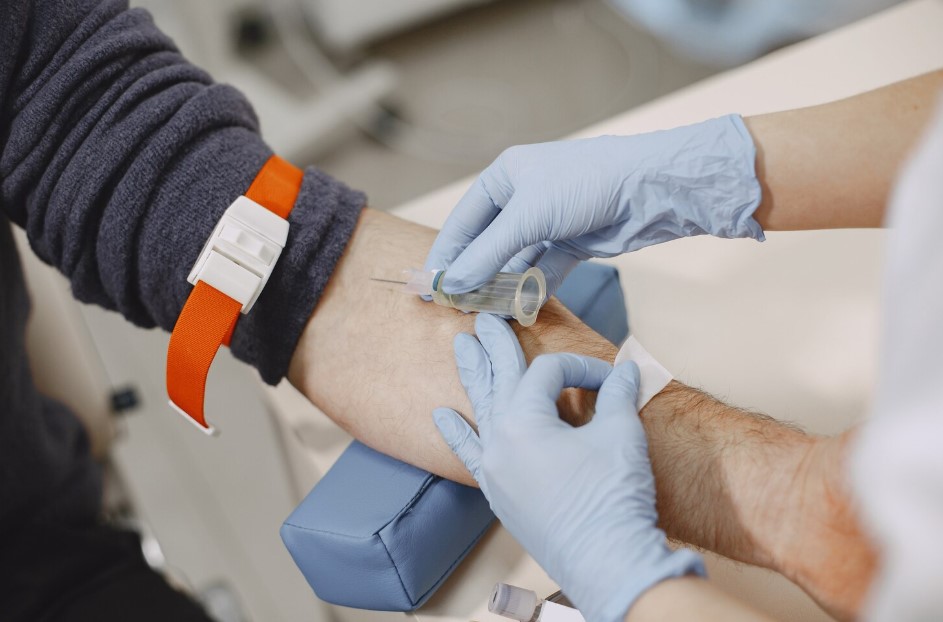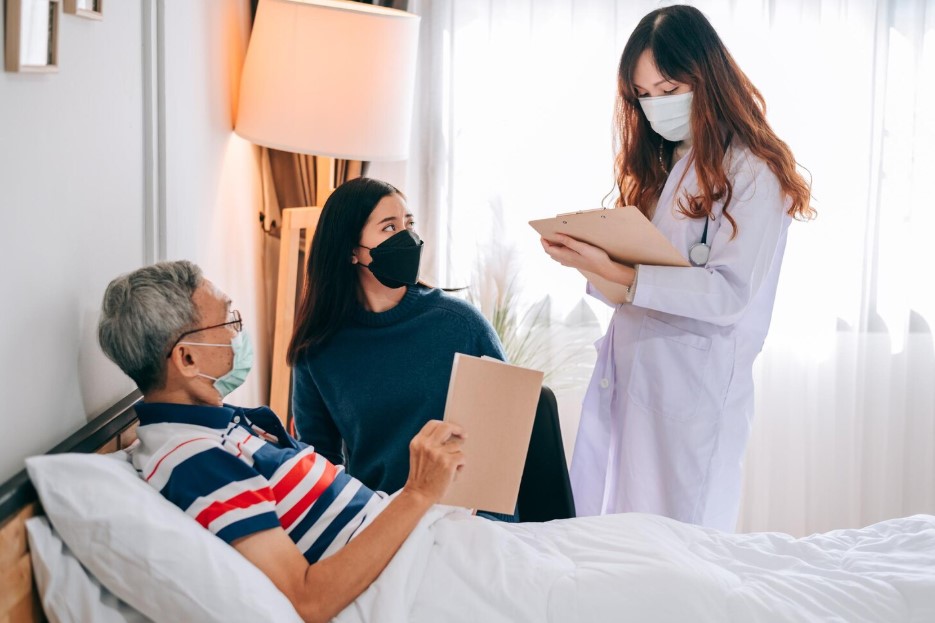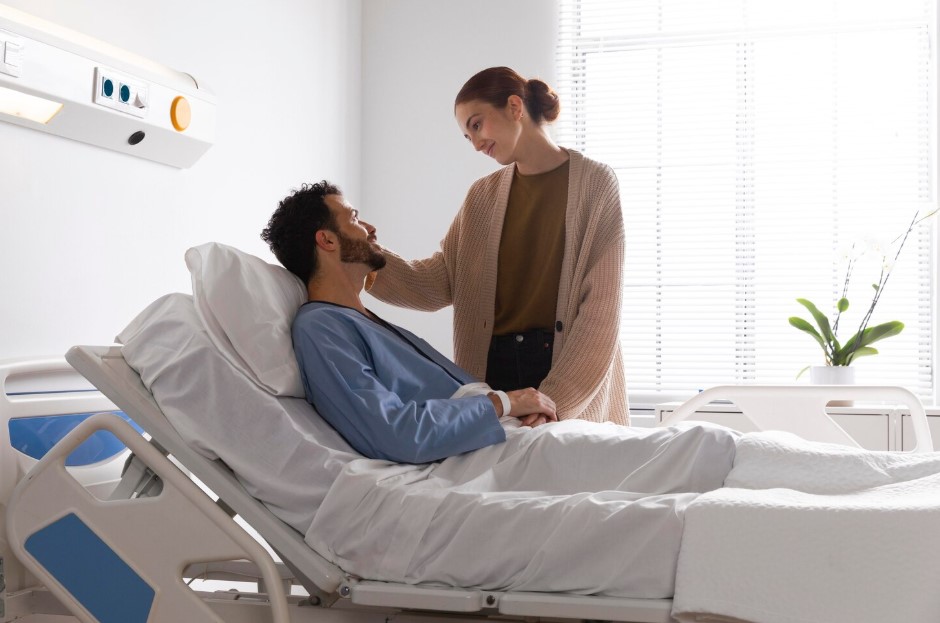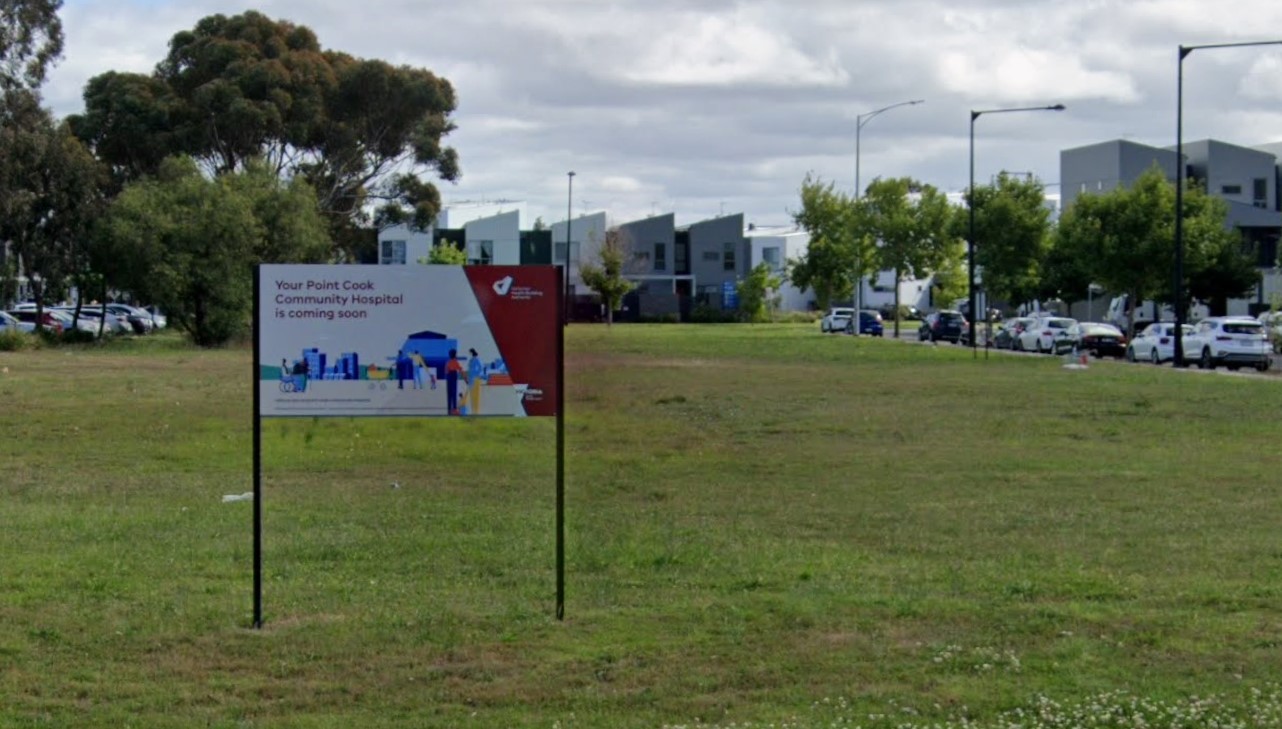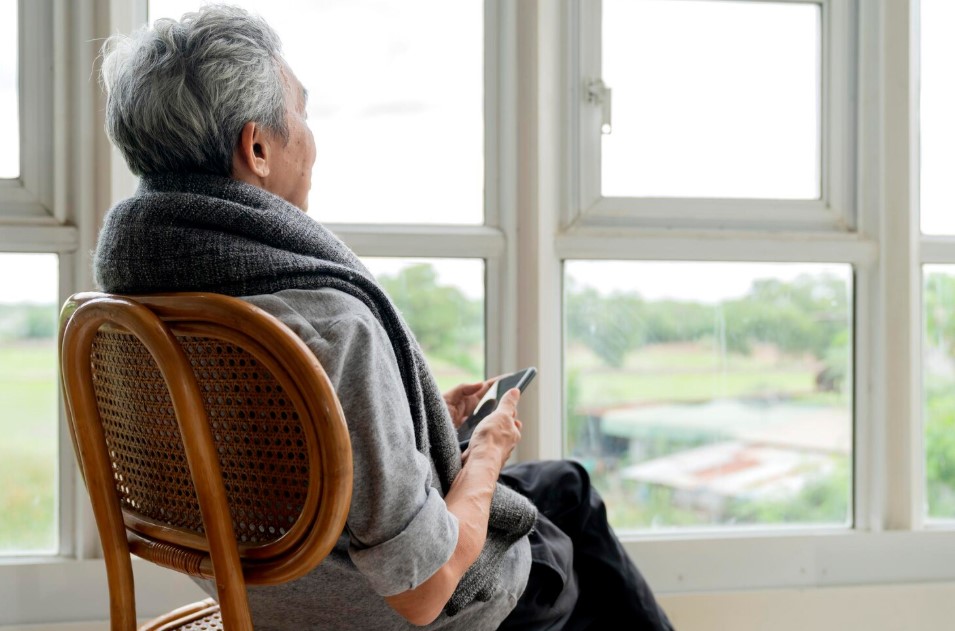24
Sep 2024
Clown Visits Could Reduce Children's Hospital Stays
Published in General on September 24, 2024
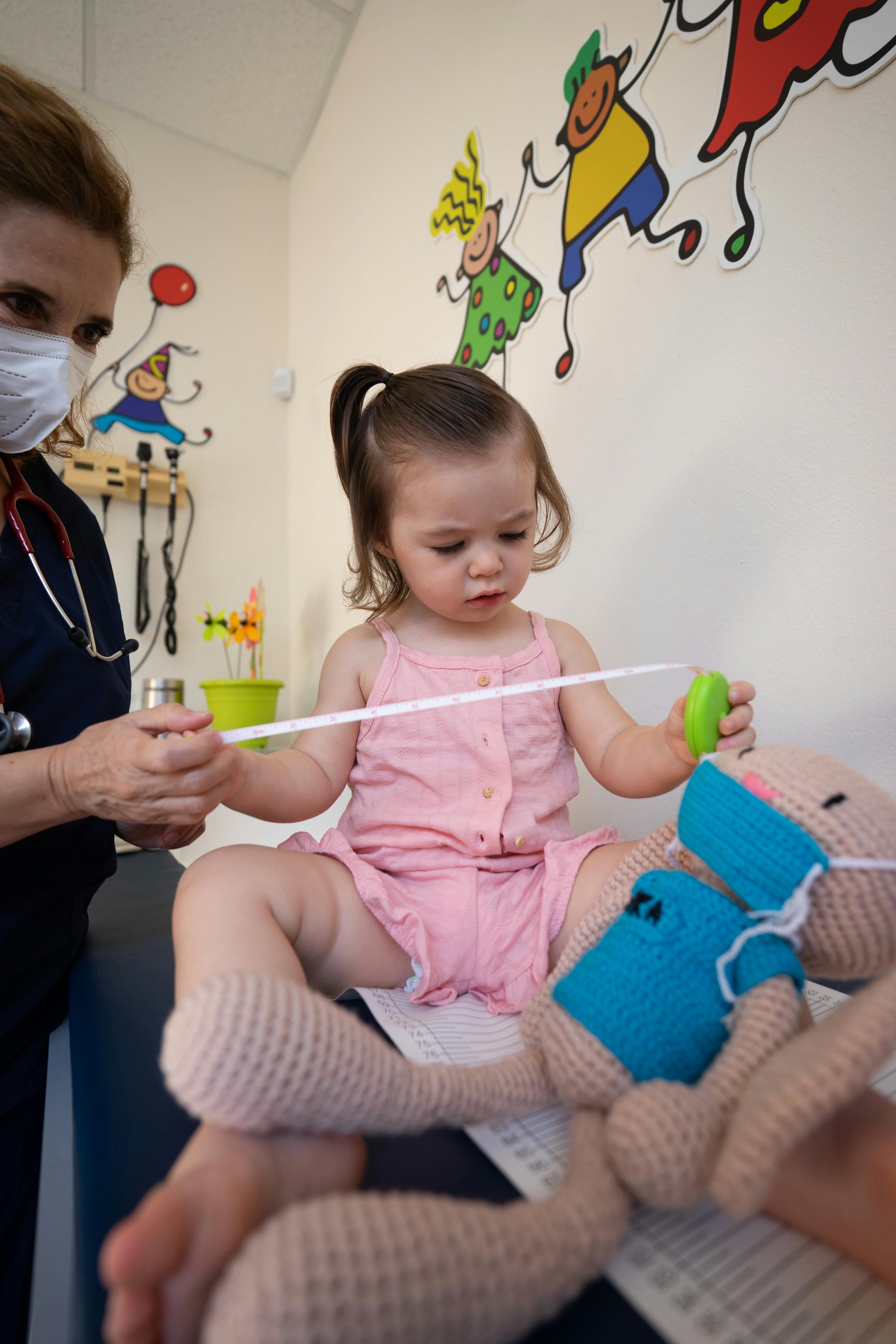
Children and teenagers with pneumonia may have shorter hospital stays when a medical clown visits, as these visits help lower their heart rates and promote independence.
Medical clown visits, which often involve role-playing or providing distraction during treatments, have been previously associated with reduced stress and anxiety in young hospital patients.
Karin Yaacoby-Bianu and her team at Carmel Medical Center in Haifa, Israel, conducted a study to examine the impact of medical clowns on children hospitalized with pneumonia, an inflammation of the lungs.
The researchers randomly divided 51 children and teenagers aged 2 to 18 into two groups. One group of 26 was visited by medical clowns for 15 minutes twice a day for up to two days after their hospital admission. The other group of 25 received standard care without clown visits.
During the visits, the clowns sang, played music, and encouraged the children to eat and drink independently. "They were initially receiving fluids and nutrients through tubes," explains Yaacoby-Bianu.
The study found that children visited by clowns stayed in the hospital for an average of 44 hours, compared to 70 hours for those who didn't have clown visits. These findings were presented at Vienna, Austria's European Respiratory Society Congress.
Unaware of which patients had clown visits, doctors determined discharge based on improvements in breathing, heart rates, and the ability to eat and drink independently. Being able to eat and drink without assistance meant the children could take antibiotic tablets at home rather than needing intravenous medication, explains Yaacoby-Bianu.
According to Kelsey Graber at the University of Cambridge, the clowns likely helped recovery through play, which can lower blood pressure. “Play also boosts well-being, mood, energy levels, and confidence in young people,” she adds.
Graber suggests the study should be replicated with a larger group of children with various conditions in other hospitals for more comprehensive results.
When considering hospital stays, especially for families with children undergoing treatments, it’s essential to have access to nearby, comfortable accommodations. Options such as furnished apartments near hospitals provide families with the flexibility and comfort they need during extended hospital stays. These accommodations, often fully serviced and located close to medical facilities, allow families to focus on recovery without the added stress of travel or inadequate living arrangements. For those in need, Melbourne offers a range of hospital stay accommodations, making it easier for families to be close to their loved ones while ensuring a restful environment.
